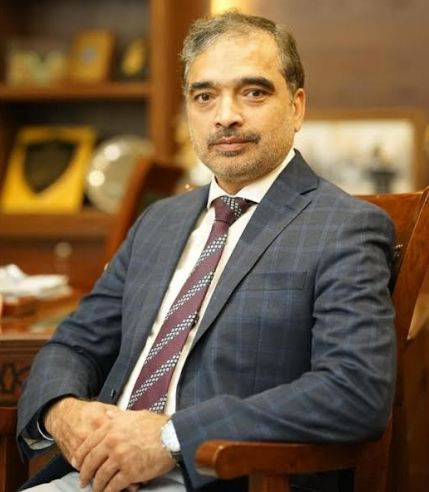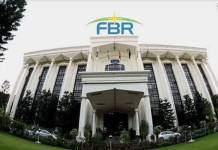DNA
ISLAMABAD: The Pakistan Industrial & Traders Associations Front (PIAF) has called for passing on the full relief of cut in petroleum products in the international market to the local consumers, as global oil prices have dropped around 6% to their lowest in four months. Brent futures settled down $3.76, or 4.6%, to $77.42 a barrel. U.S. West Texas Intermediate crude (WTI) shed $3.76, or 4.9%, to $72.90. Both Brent and WTI earlier traded at their lowest since July 7, at $76.60 and $72.16, respectively.
PIAF Chairman Faheemur Rehman Saigol, in a statement issued here, asked the government to bring down price of petrol in line with fluctuations in global oil prices and appreciation of the rupee against the US dollar. According to reports, the demand worries triggered by fears of a slowdown in economic growth in China and expectations of further interest rate hikes in the US underpinned the decline in oil prices. While markets await more signals from the US Federal Reserve’s (Fed) monetary policy, investors fear that higher US rates could potentially hurt oil demand in the world’s largest oil consumer. Meanwhile, the American Petroleum Institute’s expectations of crude oil inventories showed a fall of about 2.42 million barrels last week, signaling a rise in demand in the world’s largest oil consumer.
He said that instead of hiking the power tariffs, the government should focus on controlling the transmission and distribution losses and power theft besides improving the performance of power companies to save the consumers from further burden.
The PIAF Chairman was of the view that the government could mobilize the required resources through increasing the number of taxpayers, reducing line losses and power theft, and ending exemptions to narrow the fiscal deficit instead of increasing the power tariff. He said the last increase in power tariff left the industrial sector, particularly the export industry like textile, uncompetitive in comparison to regional competitors. This may lead to the loss of more export orders and render many more people jobless.
Despite the tariff surge, he said, power companies would not be able to recover the targeted revenue loss of around 28-30%. At the same time, it will force many consumers to stop paying their bills, which have become unbearable.
Faheemur Rehman asked the government to undertake fundamental reforms in the power sector to make electricity affordable. Besides, the government should launch a crackdown on the habitual power bill defaulters like putting them behind bars.
At present, the levy on petrol is already at the maximum level of Rs60 per litre. He said that the prices of petroleum products on the Platts index have dropped drastically and also the rupee has strengthened versus the dollar. Average gains for the rupee are calculated at Rs7.50 for the past several days.
He said that petrol is mainly used in motorbikes and cars and is an alternative to compressed natural gas (CNG), especially in Punjab, where locally produced gas is not available at CNG filling stations. He said that liquefied natural gas was being used in CNG retail outlets but that has also gone scarce for the past couple of years as Pakistan Petroleum Limited (PLL) could not strike import contracts.
He said that the private sector has been struggling to import LNG since 2015 but all their efforts have come to nothing because the public gas utilities want to maintain their monopoly over gas supplies. HSD is primarily used in agriculture and transport sectors and any reduction in its price may have a positive impact on inflation. Kerosene oil is used for cooking purpose in remote areas like northern parts of the country. Pakistan Army is a major consumer of kerosene oil.

















